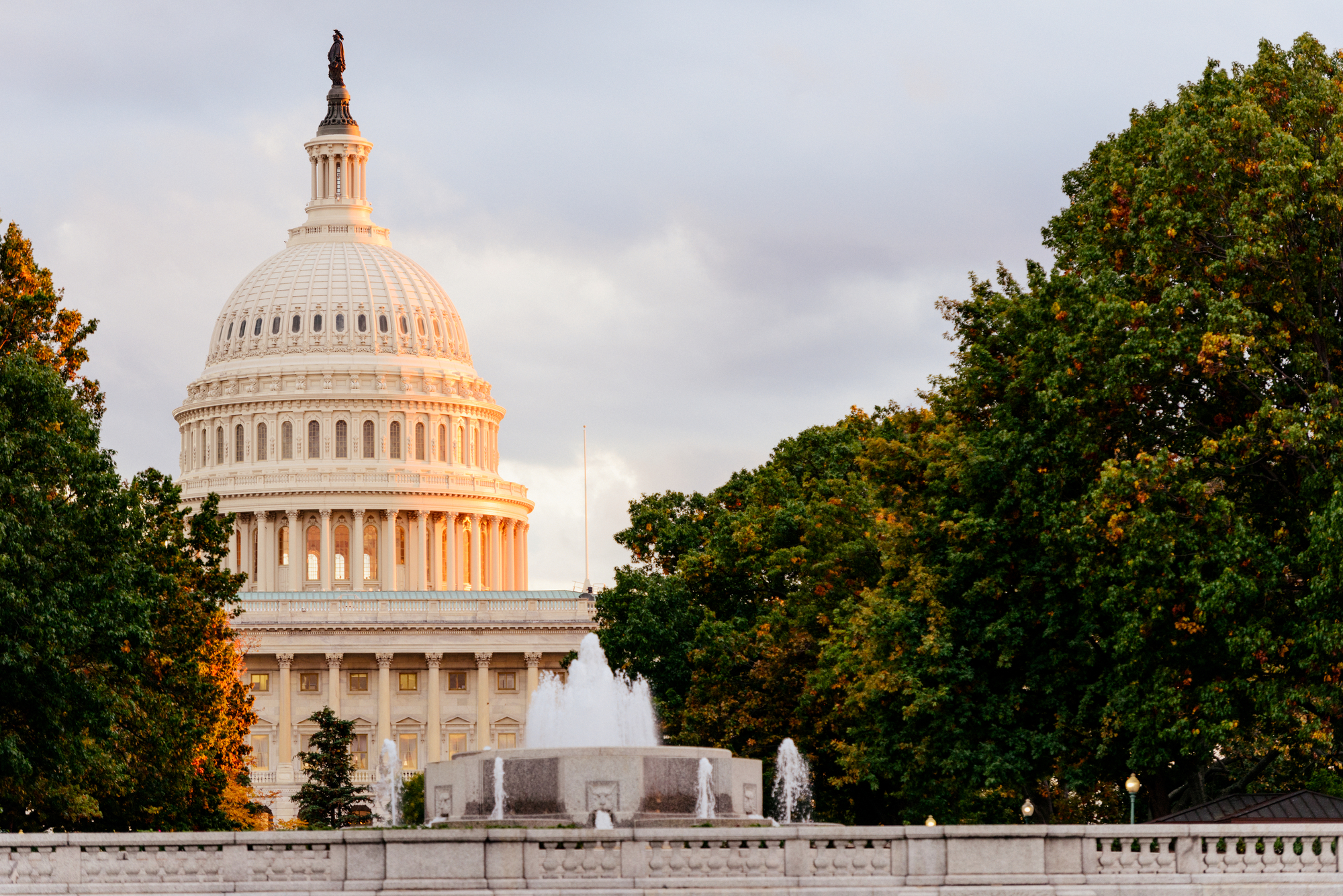
- Details
- By Native News Online Staff
WASHINGTON – A bipartisan bill to cut red tape and allow American Indian tribes to become more self-reliant passed the U.S. House of Representatives on Monday, clearing a path for it to be signed into law by President Donald Trump.
The Practical Reforms and Other Goals To Reinforce the Effectiveness of Self-Governance and Self-Determination (PROGRESS) for Indian Tribes Act of 2019 passed the House by a voice vote on Monday. The legislation amends the Indian Self-Determination and Education Assistance Act of 1975 to streamline the Department of Interior’s process for approving self-governance contracts and annual funding agreements for Indian programs.
If signed into law, the PROGRESS for Indian Tribes Act would align the processes used by the DOI to be similar to the processes used by the Indian Health Service. Under current law, each tribe seeking a new compact or renewal of an existing compact or funding agreement must use two different negotiation processes.
The bipartisan legislation will assist approximately 400 tribes that currently participate in the Self-Governance program to streamline and bring down the costs associated with the administration of programs, according to W. Ron Allen (Jamestown S’Klallam Tribe) chair of the Self-Governance Communication and Education Tribal Consortium.
The bipartisan bill was introduced in January 2019 by Sen. John Hoeven (R-ND), chairman of the Senate Committee on Indian Affairs, and Sen. Tom Udall (D-NM), vice chairman. Senators John Barrasso (R-WY), Tina Smith (D-MN), Maria Cantwell (D-WA) and Dan Sullivan (R-AK) also co-sponsored the legislation in the Senate.
Rep. Deb Haaland (D-NM) sponsored the House version of the legislation, which was broadly supported by members of both parties.
“This legislation is a common-sense approach at correcting bureaucracy within the U.S. Department of the Interior’s Self-Governance program,” Hoeven said in a statement. “The PROGRESS for Indian Tribes Act of 2019 reduces unnecessary red tape allowing for Indian Tribes to become more self-reliant by taking over and administering federal programs. Passing this bill for Indian Country is long overdue and I applaud my colleagues for moving this bill.”
“The House’s vote to pass the PROGRESS for Indian Tribes Act reinforces the principles of Tribal sovereignty and self-determination that are at the core of the United States’ government-to-government relationship with Tribes,” Udall said in a statement. “By promoting local control and administration of federal Indian programs, and providing clear requirements for negotiating self-determination contracts and self-governance compacts, the PROGRESS Act will improve Tribes’ ability to customize federal Indian programs to best suit their communities’ unique needs.”
“Tribes (have) always been their own best stewards, but the red tape that they face when implementing programs hinders their ability to do best by their own communities,” Rep. Haaland said in a statement. “Through the PROGRESS for Indian Tribes Act, Tribes will now have the freedom and flexibility to be able to serve their people in a way that best fits their needs. This legislation is built on a decades-long effort of Tribal leaders and organizations to further our efforts to support true tribal self-governance to empower, and I’m honored to send this bill to the President’s desk with my colleagues Representatives Don Young and Tom Cole and Senators John Hoeven and Tom Udall.”
More Stories Like This
NCAI Passes Two Emergency Resolutions on Immigration Enforcement ActivitiesChickasaw Lighthorse Police Officer named Indian Country Law Enforcement Officer of the Year
Indian Gaming Association Rallies Broad Coalition Against Sports Event Contracts It Calls Illegal Threat to Tribal Sovereignty
Navajo Resources and Development Committee Issues Notice on Livestock Inspection Requirements
American Prairie, Tribal Coalition Files Protest Over Rescinded Grazing Rights
Help us defend tribal sovereignty.
At Native News Online, our mission is rooted in telling the stories that strengthen sovereignty and uplift Indigenous voices — not just at year’s end, but every single day.
Because of your generosity last year, we were able to keep our reporters on the ground in tribal communities, at national gatherings and in the halls of Congress — covering the issues that matter most to Indian Country: sovereignty, culture, education, health and economic opportunity.
That support sustained us through a tough year in 2025. Now, as we look to the year ahead, we need your help right now to ensure warrior journalism remains strong — reporting that defends tribal sovereignty, amplifies Native truth, and holds power accountable.
 The stakes couldn't be higher. Your support keeps Native voices heard, Native stories told and Native sovereignty defended.
The stakes couldn't be higher. Your support keeps Native voices heard, Native stories told and Native sovereignty defended.
Stand with Warrior Journalism today.
Levi Rickert (Potawatomi), Editor & Publisher

